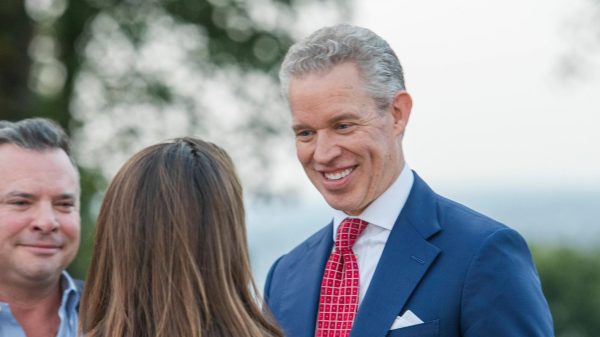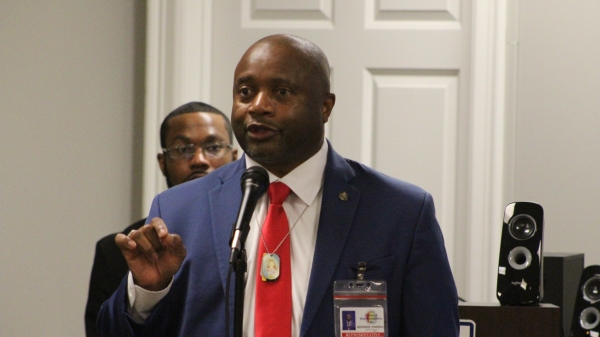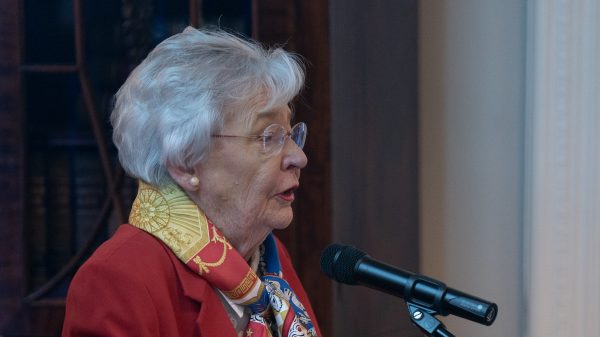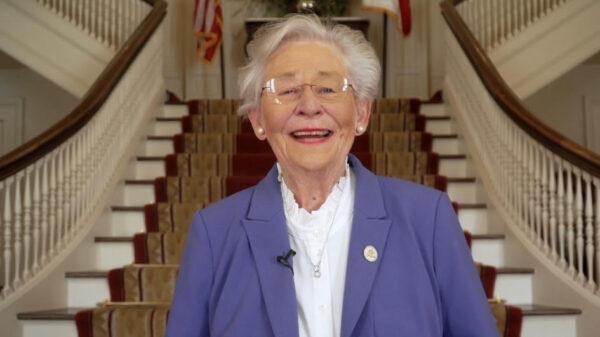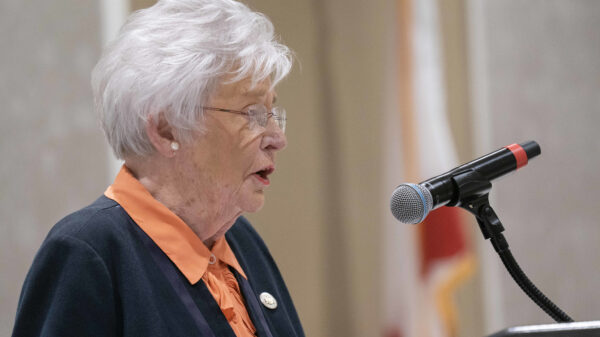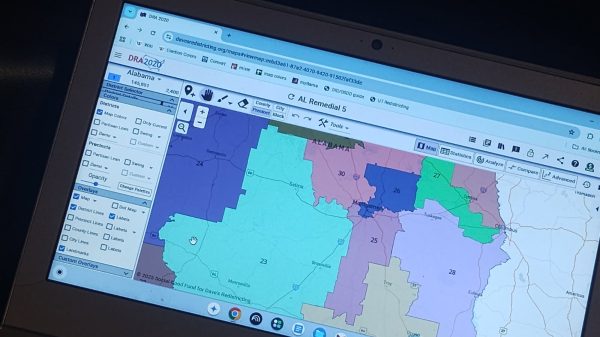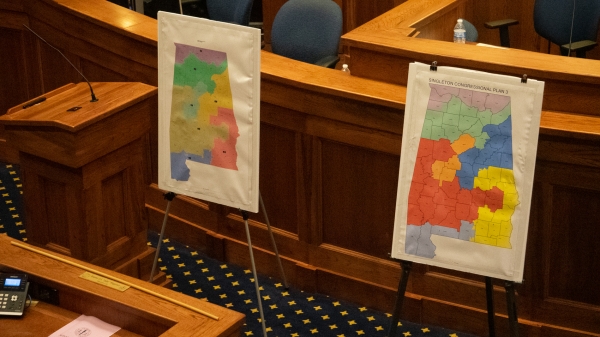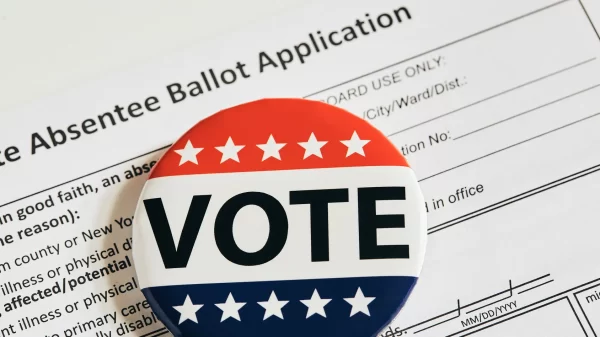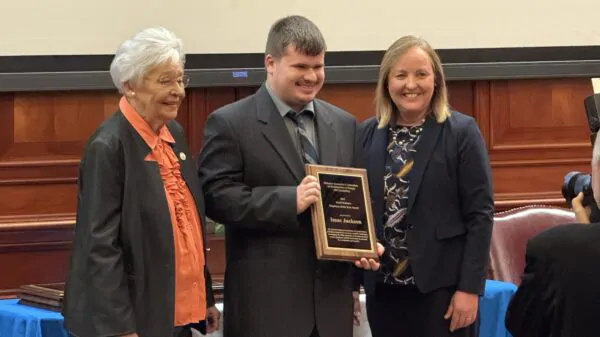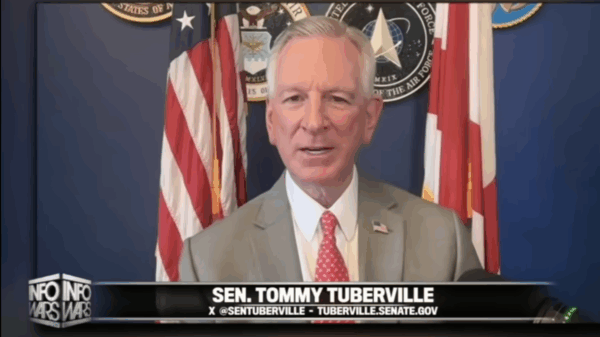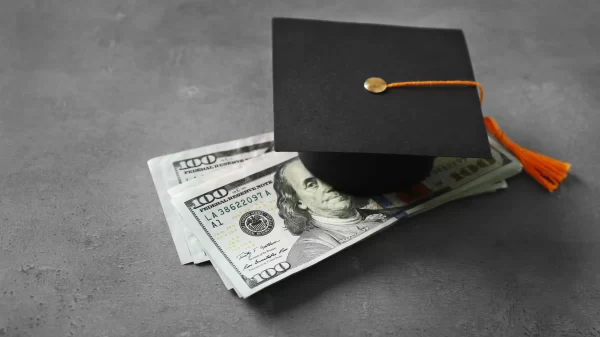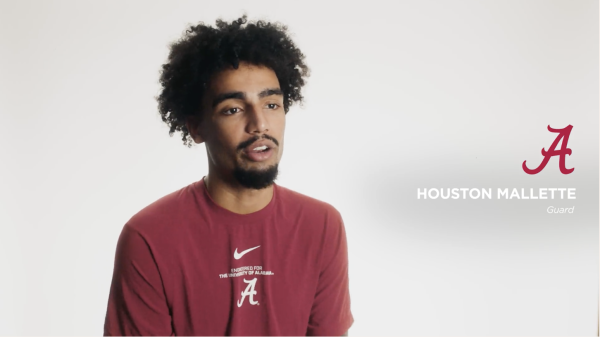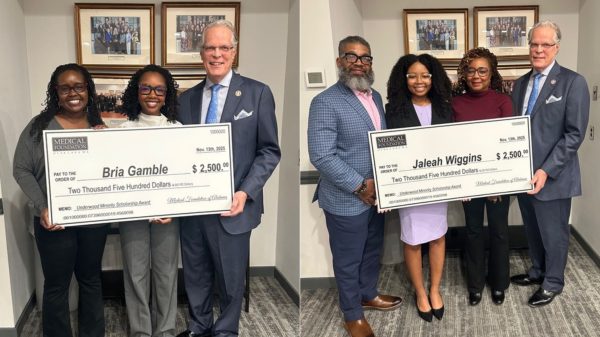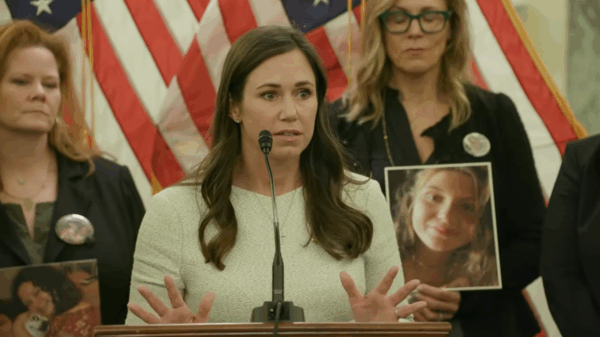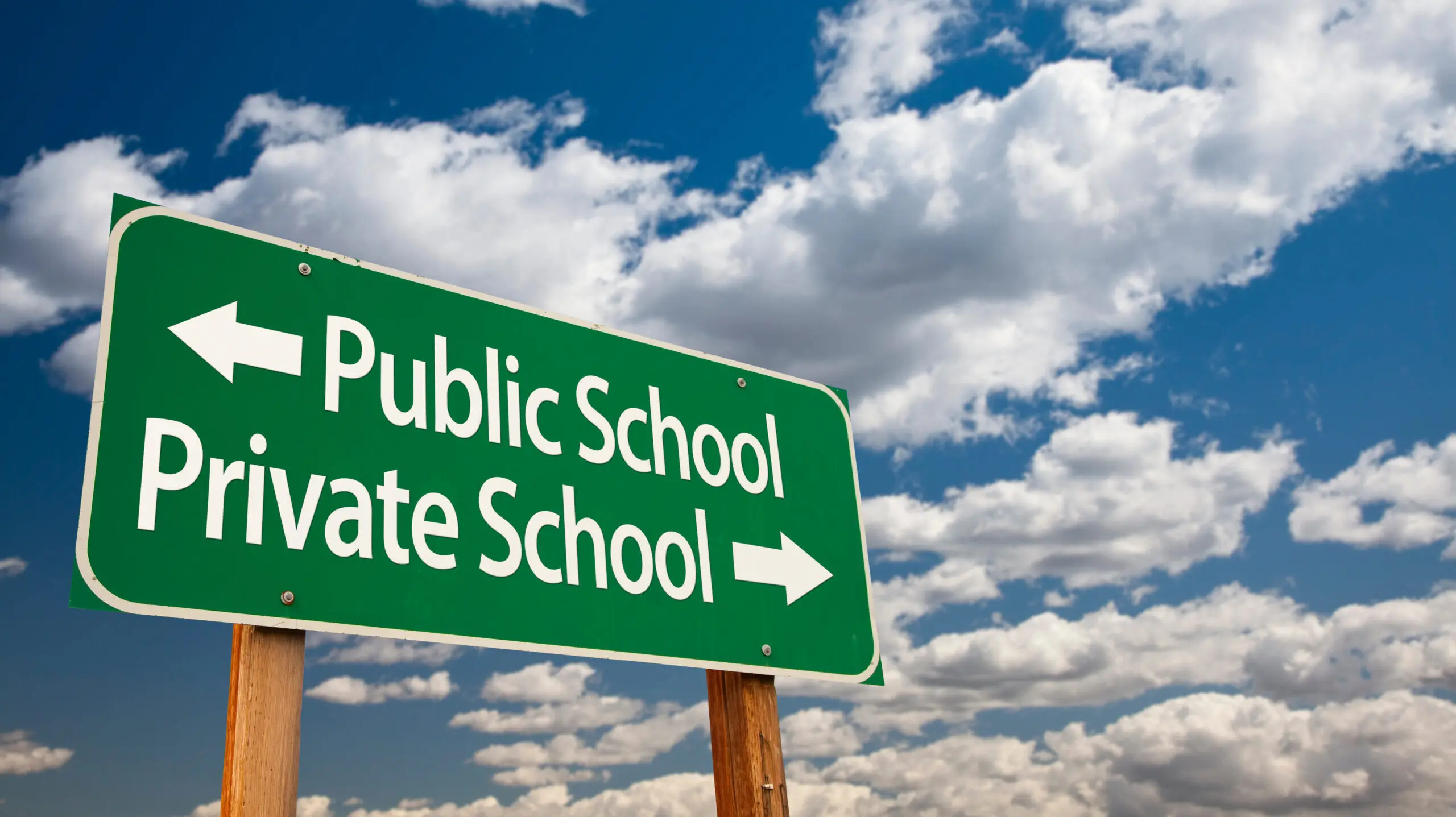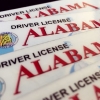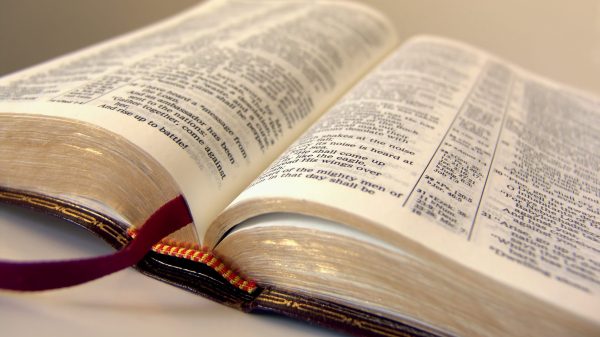On Monday, the Washington Post released the results of a new analysis of states’ school choice voucher programs. The headline finding was that in the states with the largest school choice voucher programs, almost all vouchers go towards religious schools.
In Ohio, 91 percent of vouchers for the 2023-2024 school year went to religious schools. In Wisconsin, it was 96 percent, and in Florida, it was at least 82 percent.
The Supreme Court has repeatedly found, most recently in Carson v. Makin in 2022, that states can not constitutionally exclude religious schools from school choice programs. However, many vocal critics of school choice point to the potential of funneling taxpayers’ money away from public schools and towards religious institutions to reinforce de facto racial segregation and to harm LGBTQ+ students.
The National Education Association, a teachers’ labor union, was not alone when it said that the Carson v. Makin decision “further breaches the separation between church and state.”
On its website, the American Civil Liberties Union points out that private religious schools “are often not required to comply with many academic standards and can discriminate, for example by excluding students on the basis of religion, sexual orientation, or disability.”
Alabama is one of three states, alongside Georgia and Mississippi, to have passed a new school choice program so far in 2024. The CHOOSE Act, short for the Creating Hope and Opportunity for Our Students’ Education Act, was signed by Gov. Ivey on March 7.
In her speech before signing it, Ivey said that “with the CHOOSE ACT, Alabama will now be a leader when it comes to school choice” and that her “commitment to public education remains unrelenting.”
Under the CHOOSE Act, families will be able to begin applying for “refundable income tax credits called education savings accounts” before the start of the 2025-2026 school year.
These ESAs will provide $7,000 per student per year enrolled in an eligible private school and up to $2,000 per homeschooled student, or student in a noneligible private school, per year.
For the 2025-2026 and 2026-2027 school year, only families with special needs children, families with children who are the dependents of active duty service members, and families with gross income below three times the federal poverty line will be eligible.
All Alabama families will be eligible to apply for ESAs beginning with the 2027-2028 school year.
While Ivey said that her support for public education was “unrelenting,” the CHOOSE Act has still been widely criticized for its probable effects on public school funding.
“Defunding public schools is not the path to improve them,” said Chris Sanders, Alabama Arise’s communications director. “That’s why Alabama Arise opposed the CHOOSE Act, which over time could take away hundreds of millions of dollars every year from public schools and divert that money to private schools and homeschooling.”
In addition to its likely effects on public school funding, the Washington Post’s report suggests that almost all $100 million of the CHOOSE Act’s annual funding will be sent to private religious schools.
As previously mentioned, private schools can choose to restrict admissions based on student religion, sexual identity, and gender identity. If public schools lose funding, and private schools with restrictive admissions are the CHOOSE Act’s primary beneficiaries, LGBTQ+ and non-Christian children would be disproportionately harmed.
However, private schools set up to help LGBTQ+ students could also benefit from the CHOOSE Act. One charter school in Homewood, the Magic City Acceptance Academy, was founded in 2022 to “provide a brave learning environment and LGBTQ affirming culture for all.”


